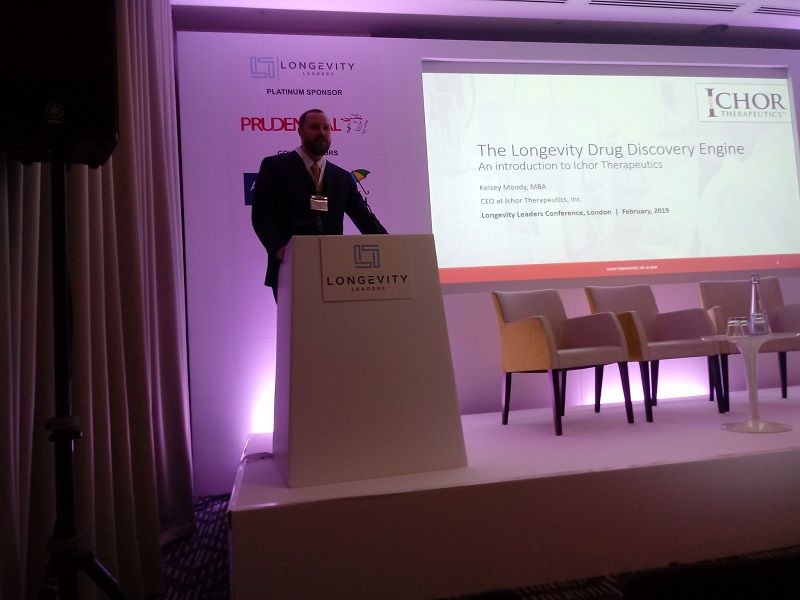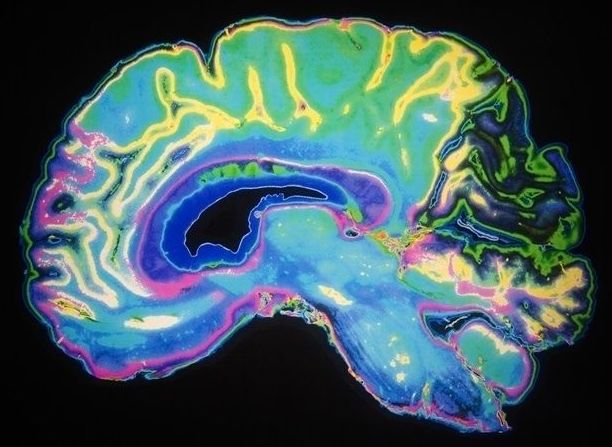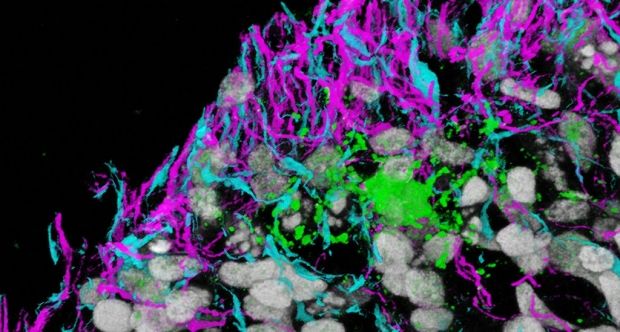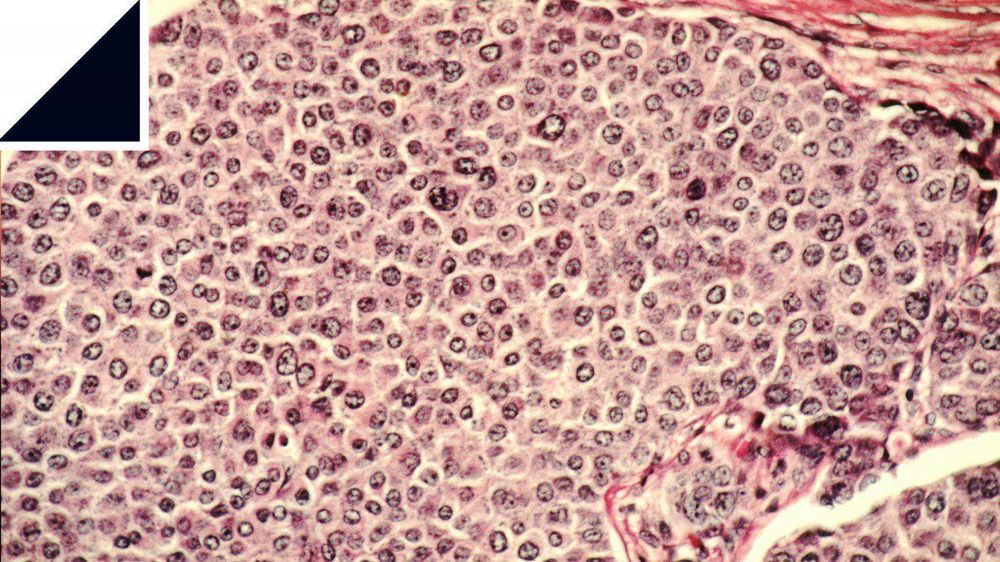The history of the universe is predicated on the idea that, compared to today, the universe was hotter and more symmetric in its early phase. Scientists have thought this because of the Higgs Boson finding—the particle that gives mass to all other fundamental particles. The concept is that as one analyzes time back toward the Big Bang, the universe gets hotter and the Higgs phase changes to one where everything became massless. Now, physicists are presenting a new theory that suggests an alternative history of the universe is possible.
By discovering the culprit behind decreased blood flow in the brain of people with Alzheimer’s, biomedical engineers at Cornell University have made possible promising new therapies for the disease.
You know that dizzy feeling you get when, after lying down for an extended period, you stand up a little too quickly?
That feeling is caused by a sudden reduction of blood flow to the brain, a reduction of around 30 percent. Now imagine living every minute of every day with that level of decreased blood flow.
We recently visited the Longevity Leaders Conference in London and had the opportunity to speak with Kelsey Moody, the CEO of Ichor Therapeutics, a company focused on targeting age-related diseases by targeting the aging processes themselves. We previously interviewed him back in 2017, so it was the ideal time to catch up on what had been happening with his company since then.
Ichor and its portfolio companies have been very busy over the last year, so I thought it was time that we caught up on progress. Can you tell us how things are going for the Ichor group?
Ichor really had a good year in 2018. We raised over $16 million across our portfolio, and that’s really allowed us to scale up all aspects of our operations. We’re at over 50 employees now, mostly bench scientists and research technicians, and we’re really delivering on our goal of being a vertically integrated biopharmaceutical company.
“We found that lactate stimulates synaptic activity-dependent genes in the short-term and genes involved in regulating neuronal excitability in the long-term,” explains the first author of the paper Michael Margineanu, a KAUST Master’s student.
Study illustrates the links between brain energy metabolism and neuronal activity.
A genome-wide study led by Dean Pierre Magistretti sheds light on the mechanisms through which lactate regulates long-term memory formation and neuroprotection.
The breakdown of sugar in non-neuronal brain cells, called astrocytes, produces lactate, which gets shuttled to neurons as a source of energy. This lactate not only supports the energy demands of neurons, but also rapidly and transiently activates multiple genes that modulate neuronal activity and regulate brain function.
This is the future of brushing teeth
Posted in futurism








